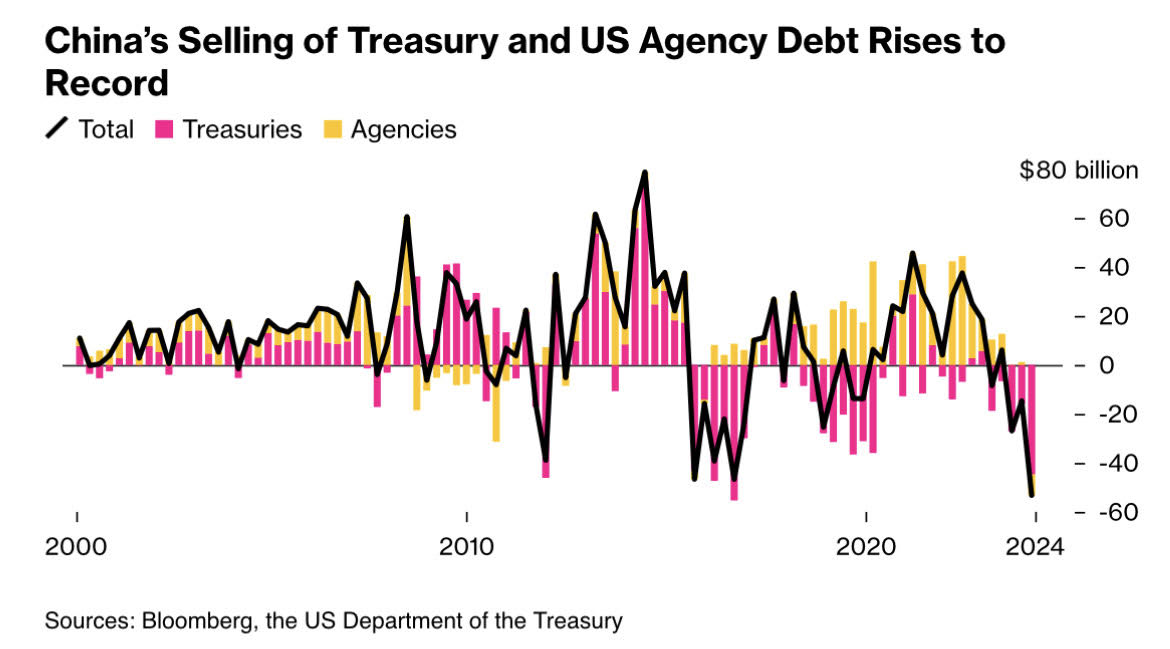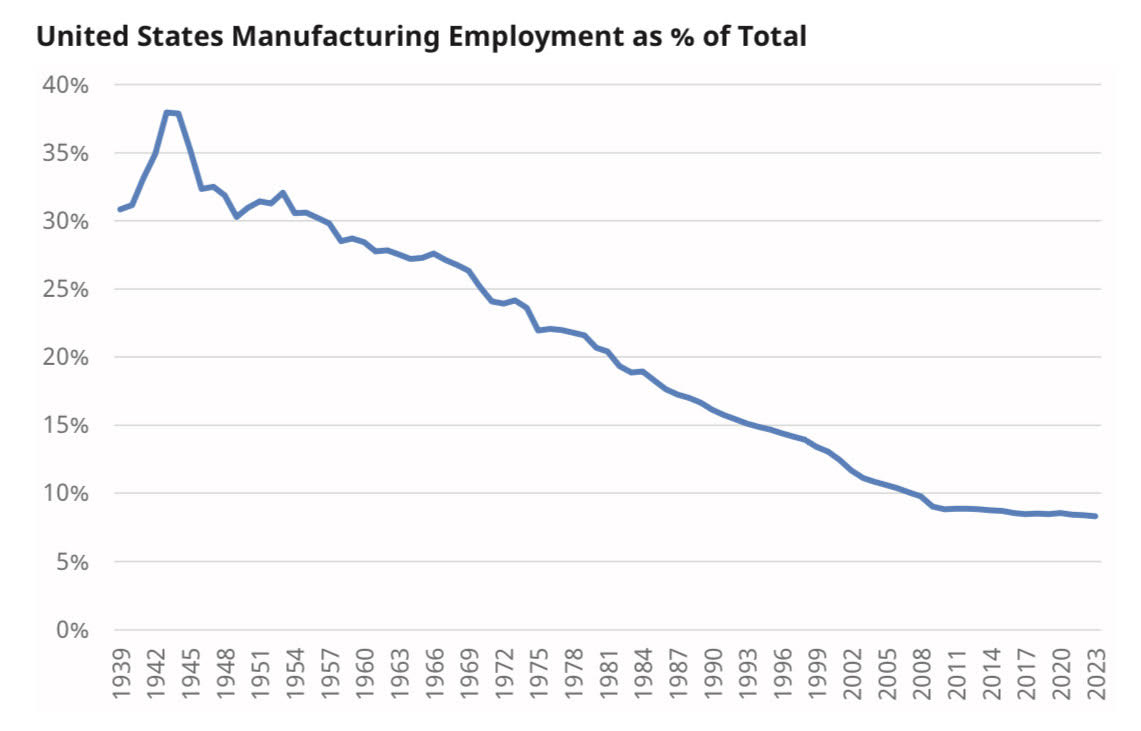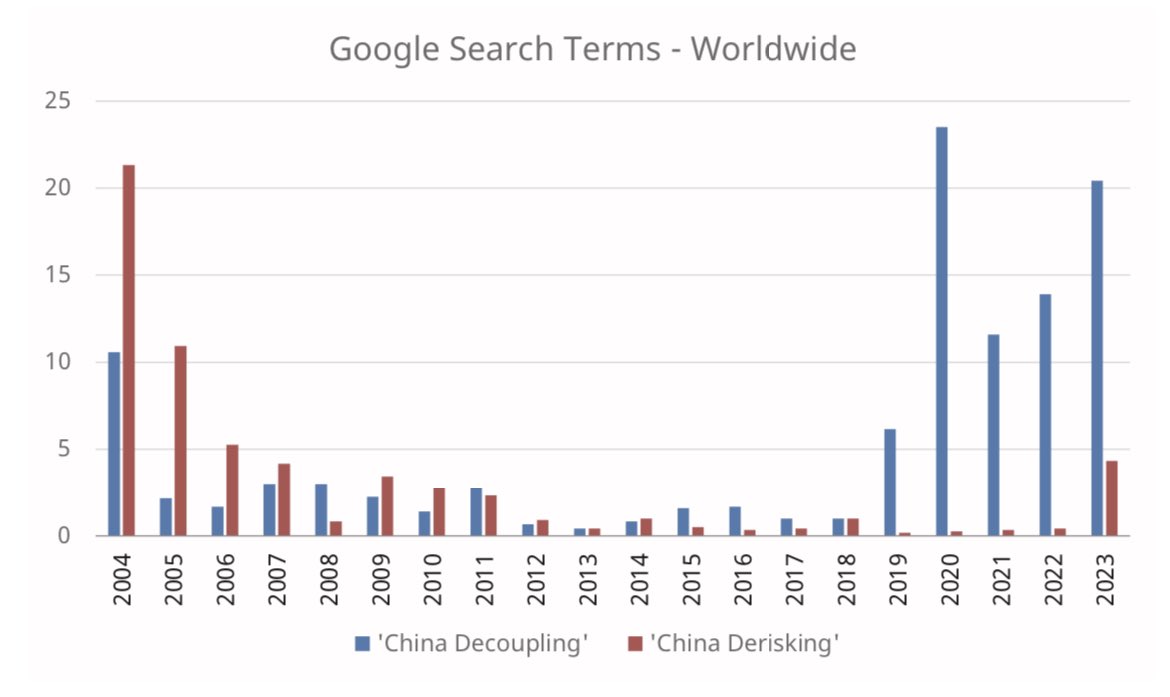1/ What Britain is witnessing is the beginning of Dark Blairism. This is the final stage in the collapse of the country. 🇬🇧🪦🧵 

2/ The first iteration of Blairism was a happy-go-lucky affair. Blair and co were Marxists of a variety, but happy Marxists who rejected state socialism and embraced cultural radicalism - a new, freer society where different groups would live in harmony. 

3/ But society rejected this vision. People had “biases” - a false consciousness of sorts, mostly amongst the uneducated gammons and chuds. They couldn’t get into Oxbridge to study with Tony, so the state needed to be used to educate them. 

5/ At the same time the left-wing were busy rejecting Blair’s neoliberal economic vision. These people were suffering from false consciousness too. They didn’t understand that hypercapitalism, married to a didactic police state, was the path to personal actualisation. 

6/ Why not kill two birds with one stone? Turn the left-wing on the gammons. Allow them to distract themselves with the ‘far right’ so they don’t complain about financialisation and the collapse of well-paid manufacturing jobs. They just needed a slogan: “anti-fascism”. 

8/ Worse still, those stupid left-wing protestors were back. Instead of reading Derrida on the “deconstruction of race” or Stuart Hall on “reception theory” they were whining about the economy. Very annoying. 

9/ No problem. Turn on the left. Send in the cops. Push them back into the libraries to “decode texts” and hand the broken economy to the Tories for 15 years. 

10/ Interlude. Everything gets worse under the Tories. The culture sours and turns weird. Immigration goes absolutely bonkers. The economy stagnates. Tories collapse. 

11/ Here comes Keir. Starmer is like Blair but much more embedded in the state. He was the head of the Crown Prosecution Service and knows how to use the cops when needs be. 

12/ Within weeks of Starmer taking power, his Chancellor - another civil servant type from the Bank of England - informs the public that the Blairite neoliberal model has driven Britain into bankruptcy. 

13/ That’s fine though. It means the Blairites can hand over control to technocrats while they work on finalising the cultural change at the heart of their project. The Office of Budget Responsibility will manage Britain’s bankruptcy, lowering living standards gradually. 

15/ Annoying, yes. But also an opportunity. For what? Applying Blair-era counter-terrorism laws to British people angry about immigration policy. Education didn’t work. How about laws that are probably not constitutional? 

16/ What about the left-wing? Eventually they are going to notice the economic decline. Hmmm. Maybe get them focused on the far right? Maybe even ally them with the police? Very good. This could work! 

17/ Welcome to Dark Blairism. Declining living standards managed by technocrats. Civil unrest and disorder. Ethnic conflict. Collapsing social trust. Extra-constitutional legal processes. 

• • •
Missing some Tweet in this thread? You can try to
force a refresh
























